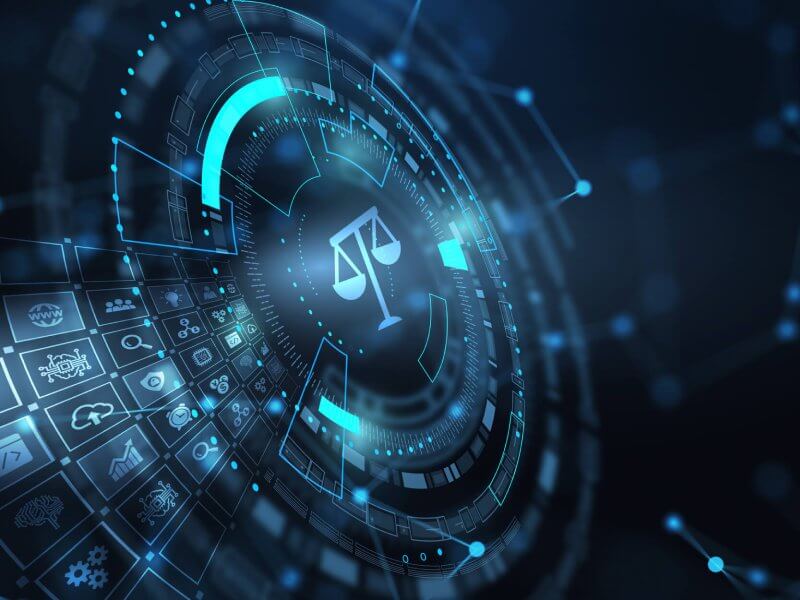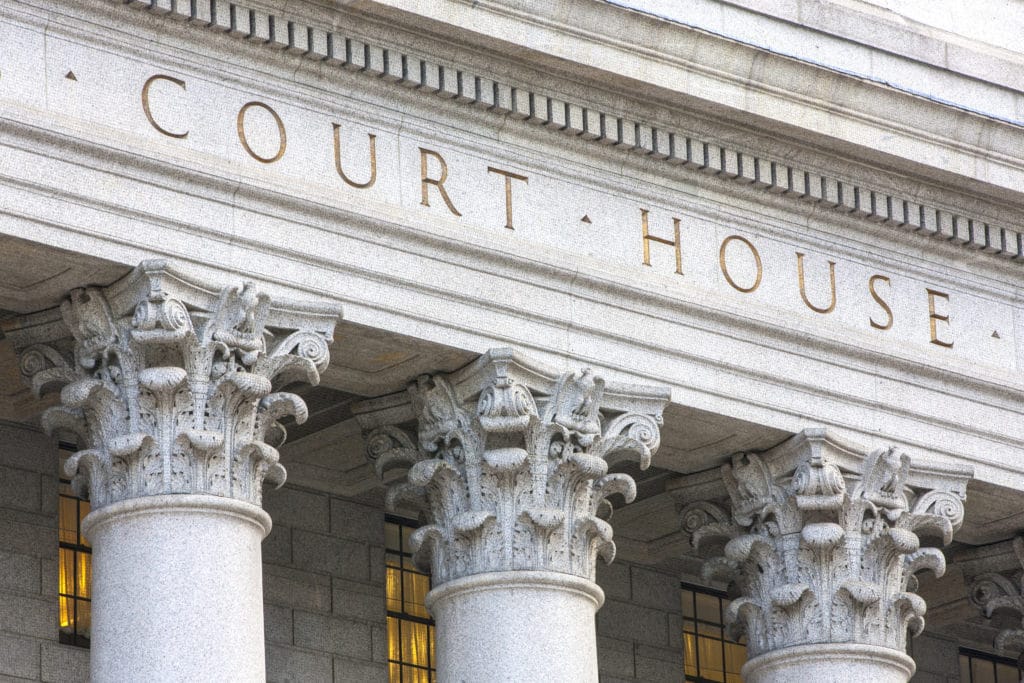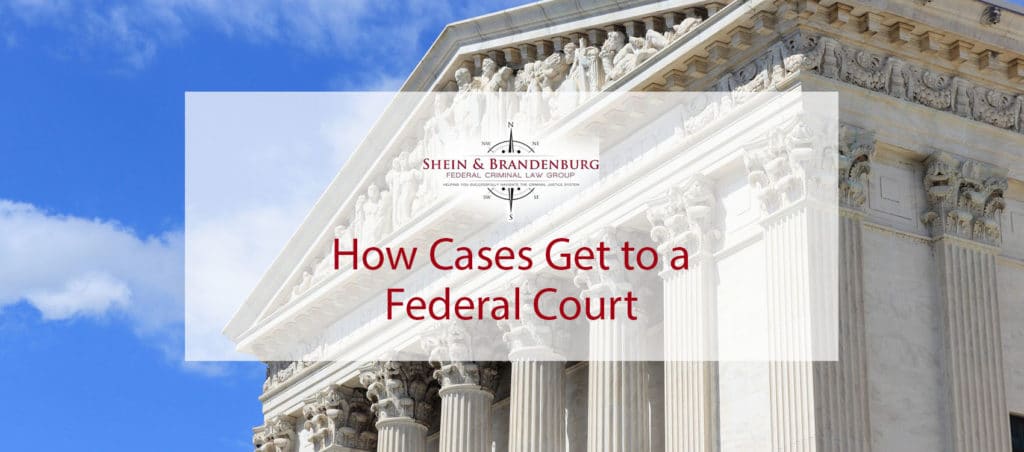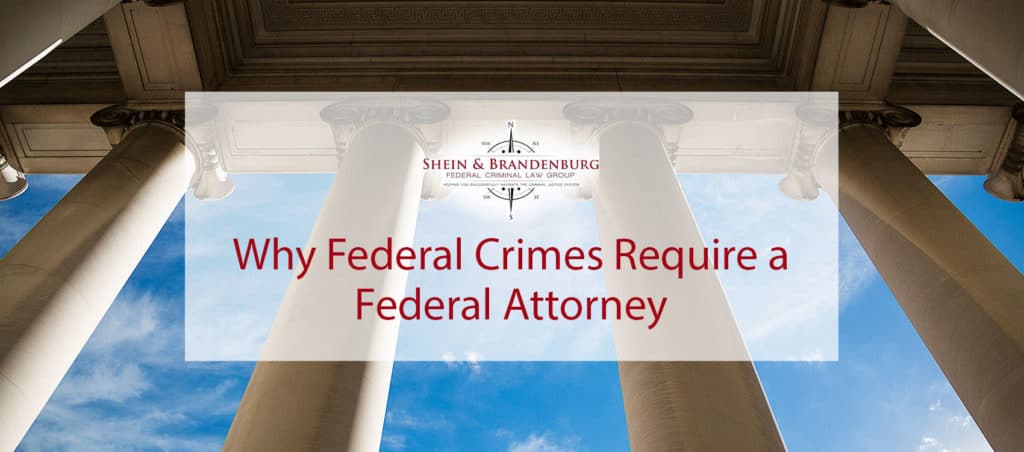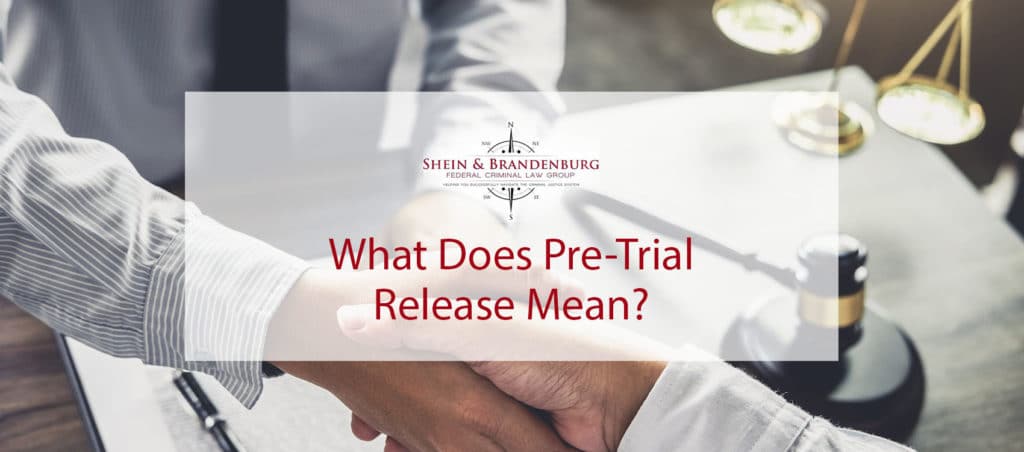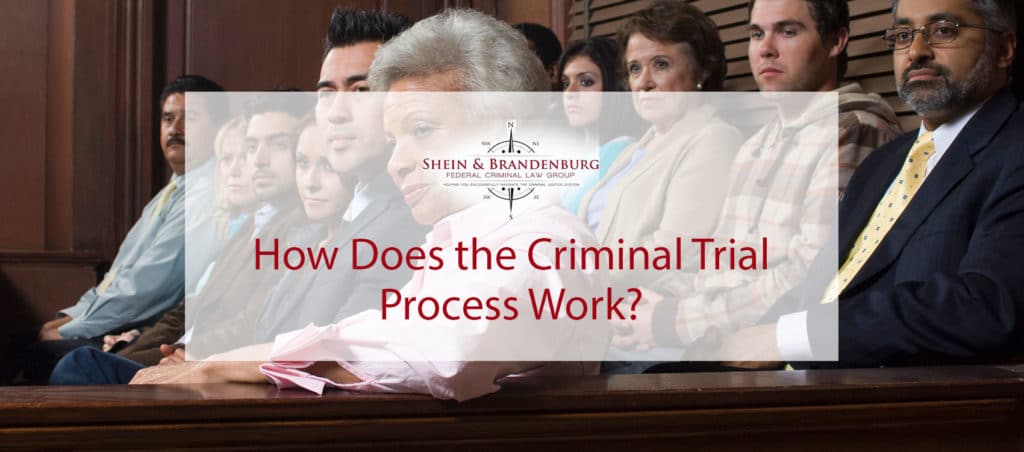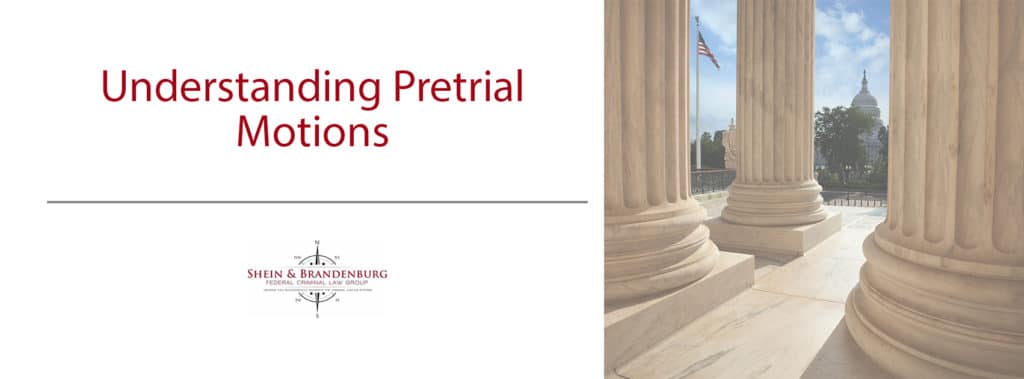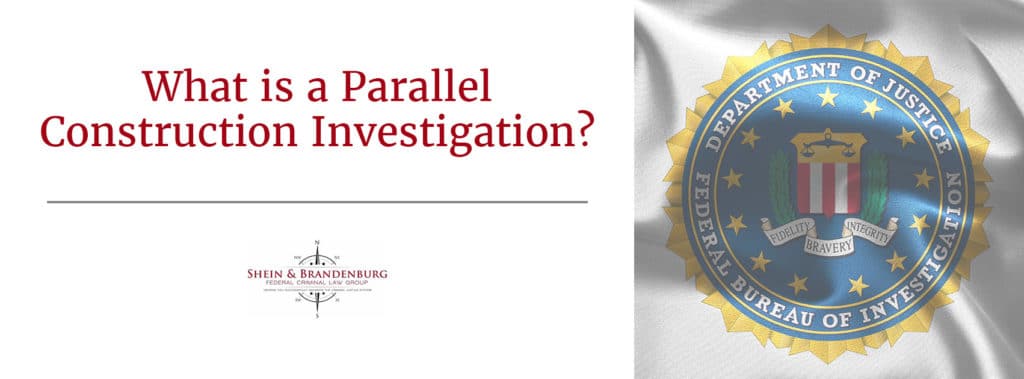If you have been arrested for a federal crime, the first thing you MUST do is stop talking to law enforcement officers and do NOT talk to federal prosecutors. This is true if your arrest came as a surprise or if you had some reason to expect an arrest for a federal crime. You might… Read More
Federal Trials
Suppressing Evidence Made by a Co-Defendant
In cases that involve many individuals who are charged with the commission of the same crime, it has increasingly become a problem for one person’s legal counsel to hear incriminating statements about the person from another individual who was involved in the offense. Fortunately, the Bruton doctrine can be used to suppress these statements. If you… Read More
What is a “Search” Under the Fourth Amendment?
The Fourth Amendment to the US Constitution states that “[t]he right of the people to be secure in their persons, houses, papers, and effects, against unreasonable searches and seizures, shall not be violated.” Many state constitutions have similar protections. In criminal law, an accused — the criminal defendant — can bring a motion before the… Read More
Prosecutorial Promises of Immunity: Lessons From the Bill Cosby Case
In a surprise to many, the Pennsylvania Supreme Court recently overturned Bill Cosby’s 2018 convictions for sexual assault. See Commonwealth of Pennsylvania v. Cosby, No. 39 MAP 2020 (Pa. Supreme Court June. 30, 2021). Not only were Cosby’s convictions overturned, but the court ruled that he could not be retried. The case has important lessons… Read More
How Cases Get to a Federal Court
There are two types of court systems — federal and state. Each of these court systems is tasked with hearing different types of cases. While state courts are primarily responsible for interpreting state law, federal courts have the responsibility of hearing a number of different types of cases. Because many people have questions about how… Read More
Why Federal Crimes Require a Federal Attorney
Defending Against Federal Crimes While many people know someone who has faced criminal charges at the state level, fewer people have come into contact with the federal criminal court system. While there are a number of similarities between the federal and state criminal systems, there are also a number of differences. Due to these differences,… Read More
What Does Pre-Trial Release Mean?
Similar to state court judges, federal magistrate judges are responsible for deciding at an initial appearance whether an individual who is charged with a crime will remain in custody or is capable of leaving on a bond. Because pre-trial release requirements can be particularly strict, to navigate these matters, it is often critical to obtain… Read More
How Does the Criminal Trial Process Work?
Understanding the Criminal Trial Process No matter if you are facing charges for a misdemeanor or felony, one of the first questions that you might ask is, “What can I expect from the criminal trial process?” Many people find the criminal trial process confusing and even scary. It is helpful to have a good understanding… Read More
Understanding Pretrial Motions
In a large number of federal criminal cases, the defendant either makes a plea agreement or proceeds to trial. In some cases, however, a criminal defense attorney can help to have charges removed before trial through the use of a motion to dismiss. As a result, the pretrial motion is a particularly helpful tool for… Read More
What is a Parallel Construction Investigation?
A recent report issued by Human Rights Watch states that the federal government has begun using secret evidence to mount criminal cases. The technique for evidence collection is called “parallel construction” and involves federal law enforcement hiding classified or sensitive methods from a court of law due to the construction of parallel chains of construction…. Read More


